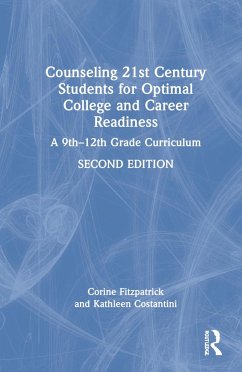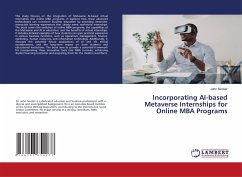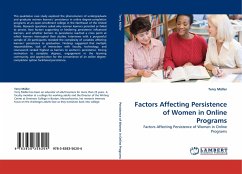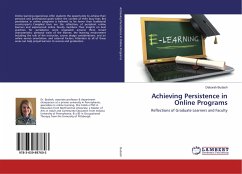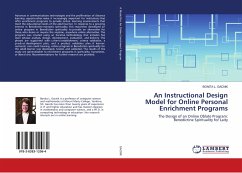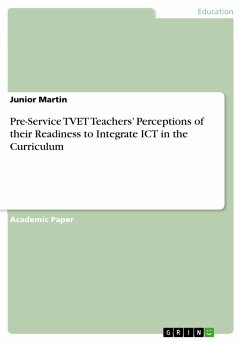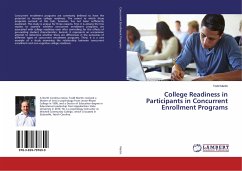
College Readiness in Participants in Concurrent Enrollment Programs
Versandkostenfrei!
Versandfertig in 6-10 Tagen
51,99 €
inkl. MwSt.

PAYBACK Punkte
26 °P sammeln!
Concurrent enrollment programs are commonly believed to have the potential to increase college readiness. The extent to which these programs succeed at this task, however, has not been sufficiently examined. This study is unique for three reasons. First, it is among the few studies to examine whether concurrent enrollment programs are associated with college readiness even after controlling for the effects of pre-existing student characteristics. Second, it represents an uncommon attempt to determine whether there are differences in the outcomes of different types of concurrent enrollment prog...
Concurrent enrollment programs are commonly believed to have the potential to increase college readiness. The extent to which these programs succeed at this task, however, has not been sufficiently examined. This study is unique for three reasons. First, it is among the few studies to examine whether concurrent enrollment programs are associated with college readiness even after controlling for the effects of pre-existing student characteristics. Second, it represents an uncommon attempt to determine whether there are differences in the outcomes of different types of concurrent enrollment programs. Third, it is a rare example of a study examining the relationship between concurrent enrollment and non-cognitive college readiness.




